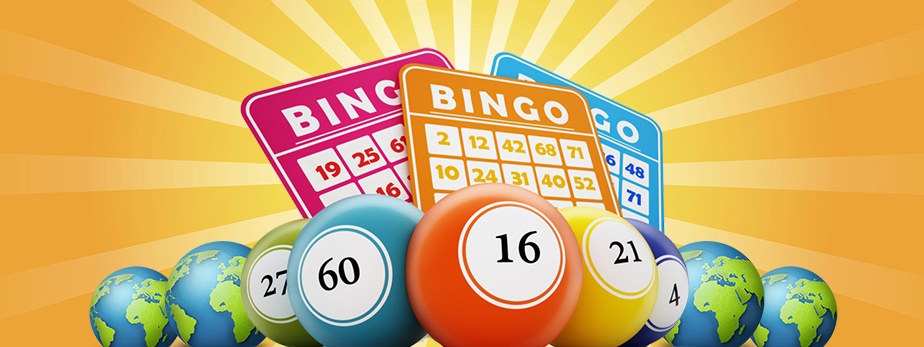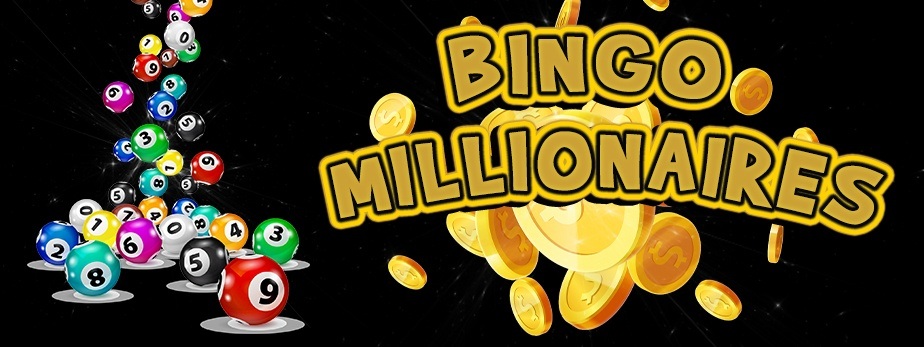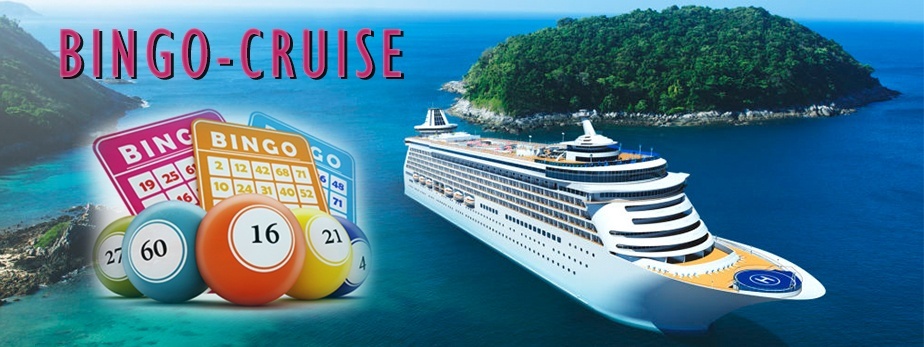How Popular is Bingo Worldwide? - It's a Global Game!
Although the very first recognised version of bingo was a similar game played in Italy, it is the UK that is always referred to as the centre of the bingo world. Just try Googling the word and you will get around 245 million results in total.
Bingo doesn’t just come in one version either, you can play games with nine different sets of numbers ranging from 36 to 90-balls, some with exotic winning patterns, and to add to the fun, almost every country has developed unique twists over the years, as well as formulating its own entertaining bingo-lingo.
Dare to be Different: USA
It is more usual for Americans to do everything bigger, but in the case of bingo, their game of choice is the lesser 75-ball version which they ‘standardised’ back in the 1920s. With a few liberal exceptions like Nevada and the native reservations, gambling is frowned upon in most US states, so land-based bingo halls are few and far between.
Legal complexities also dictate that Americans must sign up with international sites, but that minor inconvenience does not preclude millions of them from playing online every year. Although the US favourite is still the 75-ball ‘star-in-the-middle’ bingo cards, they will play anything and are particularly partial to the odd and unusual game variants.
Singing Bingo’s Praises: Scandinavia
It seems that the Scandinavian countries have more to offer their residents than cheap furniture and Eurovision entries. They have their very own version of 75-ball bingo, minus the helpful centre star but with five different ways to win. Swedish Bingo is more popular with Scandinavian youngsters than it is with the older generation, particularly so in Sweden where novel bingo venues, like drive-ins, generated a $176 million income last year alone.
Denmark is more fixated with finding whacky games of ‘fusion bingo’ where instead of cash, you can win anything from a pet snake to a personalised operatic serenade. In Norway, it seems that people are just as happy playing from the comfort of their own home. Online bingo players far outnumbered those attending ‘real’ games and generated $86 million of revenue.
Virtual is King: Japan
Japan is renowned for its incredibly strict gambling laws, which allow lotteries and pachinko parlours, but strictly forbid land-based bingo venues. However, that small obstacle does not stop millions of Japanese residents from playing online bingo, which oddly enough is permitted under Japanese law.
Japanese people are happy to play any and every variant, but their favourite by far is the 75-ball version. Japan also holds the Guinness World Record for the biggest ever online game, which hosted almost half a million players in a single game. The record was achieved in 2010 and ten years on, has yet to be broken.
Innovative, But Rather Boring: Russia
The Russian game of choice is 90-ball bingo and as it is one of the few versions of gambling that are not banned, residents cannot get enough of it. They play at bingo halls and online, but the biggest attraction of all is TV bingo. A programme named ‘Russian Lotto’ was first launched back in 1994 and is still going strong. It attracts millions of players every week, all eager to get their hands on the jackpot.
The TV version has fairly good prizes for a line and a full house, but it is the ‘special jackpot’ that really floats the Russian’s boat. Anyone who achieves a full card with the first fifteen numbers drawn out is all set to win millions. If nobody wins (which they rarely do) then the jackpot rolls over. One thing that Russians are very strict on is how the numbers are called. No dodgy innuendoes here, most Russian bingo-lingo relates to historical dates or Russian artefacts.
Where it All Began: Italy
Not many people know this, but Italy was the country that invented bingo way back in the 16th century. At that time it was known as ‘Il Gioco del Lotto d’Italia’ which is slightly different from bingo as we know it today but has remained as a traditional game for Italian families.
Classic 90-ball bingo is the people’s choice and it is popular both in bingo halls as well as online since it was legalised in 2007. As is the case in some other European countries, it is the younger Italians who frequent the bingo halls and the older generation who prefer to stay home and play online.
Bingo Deprived: Brazil
Brazil has had more legal ups and downs where bingo is concerned than any other country in the world. It seems that every time there is a new president, the rules change, a situation that has been going on since 1946 when bingo halls were banned. This first ban continued until 1993, a year that saw bingo legalised once again and prompted the opening of 1000 new bingo halls across the country.
Little more than a decade later in 2004, yet another new government banned it again, along with all slot machines and it has remained that way ever since. Considering how sudden and harsh the decision was, Brazilians are still legally allowed to play bingo online. Whilst that happy situation continues, they have no favourite version, they just play anything and everything.
Bingo Crazy Brits: UK
Yes, ‘bingo-crazy’ is precisely how the rest of the world describes the UK’s bingo community and with good reason. Not only do we have the most bingo halls relative the size of the UK, we also do not confine ourselves to the standard 90-ball games either. We go to bingo raves, on bingo dates and sail away on bingo cruises, to name but a few of our quirks.
Not only that, we use the game to educate our children, to keep the older generation’s brains alert and our older students adopt it as a drinking game. Online we are just as prolific, spending millions every year across the nation on any and every game we can find, from standard right through to ‘pink and fluffy’ ladies sites and some downright weird ones in between.

Tracy started writing for us in early 2017 and is a crucial player within our team. She’s the editor of our Blog and regularly writes other articles. Tracy’s online gambling insights are born out of years of real-world experience as a Croupier overseeing table games.

 Blog Home
Blog Home
 Privacy Policy
Privacy Policy
 About Us
About Us








